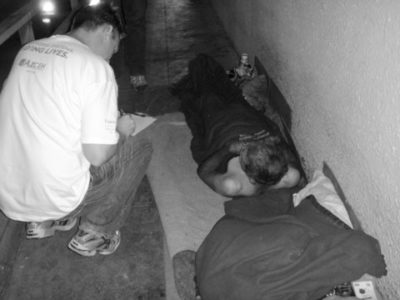Multi-generational poverty is a chronic problem in many U.S. cities these days. Studies show that children who are born into poverty due to unemployment, low wages, illness or other factors are often likely to repeat that cycle throughout their lives.
It’s not as if these people fail to recognize the credos that fostered the American work ethic: effort, elbow grease and ingenuity, researchers say. But they lack opportunity: The social and economic networks within their reach are limited and don’t always allow for success.
Few American communities better reflect this truism than Northeast Hartford, Connecticut, a section of town once bolstered by a thriving gold leaf factory. But when the factory closed in 2004, the opportunities for generations of workers in one of the state’s lowest-income areas were hit hard. Health statistics reflected this plummet as well: By 2012, Connecticut’s Health Index found that residents in Northeast Hartford topped the list when it came to health risks.
The nonprofit organization Community Solutions is working to change those statistics through a number of community-based initiatives that help solidify resources and empower residents.
Community Solutions’ first task was to rehabilitate the old factory, which was donated by the former owners, and establish it as a community base. Then the organization set its sights on revitalizing other resources in the community, harnessing the knowledge and skills of local residents who would benefit from the improvements.




